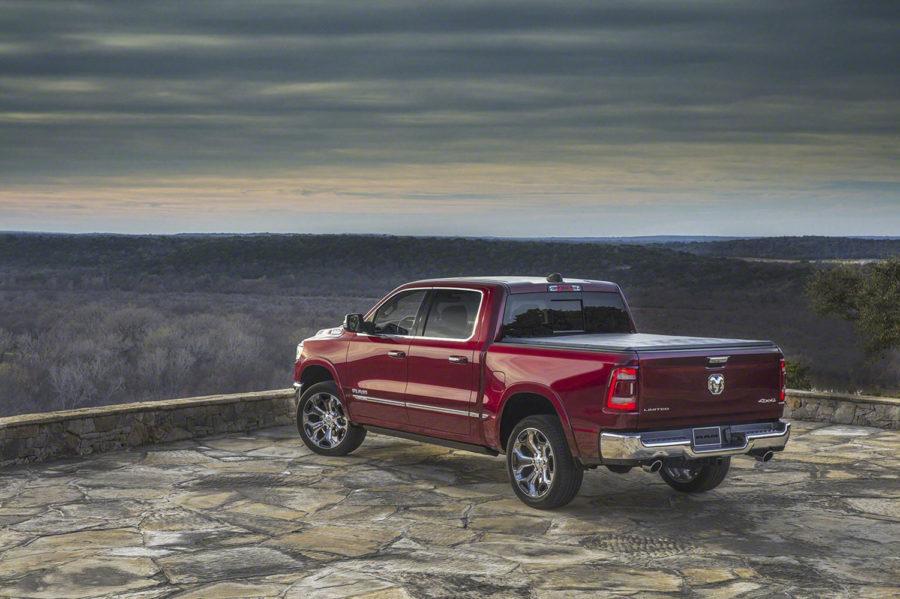When he first delivered his “Drum Major Instinct” sermon Feb. 4, 1968, at the Ebenezer Baptist Church in Atlanta, Martin Luther King Jr. had little way of knowing how his speech would come across in the moment — let alone 50 years in the future.
The civil rights icon likely never foresaw a sound bite of the speech, which warned members of the black community against the dangers of consumerism, being used to sell products. But that’s exactly what a recording of the speech ended up doing this weekend — in a Super Bowl ad.
During Sunday’s championship game between the Philadelphia Eagles and the New England Patriots, an advertisement for Ram trucks featured a montage of Americans hard at work, Rams sloshing through the mud and King’s recorded voice narrating in the background. Naturally, the bizarre combination wasn’t lost on Super Bowl viewers.
“MLK wanted equal rights and for me to buy a Dodge Ram,” Twitter user Ja’han Jones said.
“Dodge using MLK’s words in a car ad seems so obviously in poor taste that one wonders if they’re expecting and eagerly anticipating ‘backlash,’” another user, Daniel D’Addario, tweeted.
Of course, the Ram commercial this Super Bowl wasn’t the first advertisement in recent memory to touch on racial issues with mixed success and a remarkable lack of tone awareness. Socialite Kendall Jenner starred in a commercial for Pepsi last April that had much the same effect. In the ad’s story, Jenner solves the complex conflict between Black Lives Matter protesters and armed police by offering both sides a Pepsi. The ad left an impression on the people who watched it — mostly because it was difficult to understand how advertisers could be so out of touch with social realities in America.
Similarly, the effect of the Ram commercial is almost comically offensive. And it’s a good point to keep in mind that most of the initial shock to Ram’s poor taste will probably be forgotten in the long run as people remember the product’s name and forget its negative connotations. But that doesn’t mean we shouldn’t hold the companies involved responsible.
Beyond simply acting in poor taste, the people involved in financing and organizing the Super Bowl and the National Football League in general were hypocritical to include Martin Luther King Jr. in a car sales pitch. The comparisons between Colin Kaepernick, the San Francisco 49ers’ former quarterback prominent for his protests during games, and Martin Luther King Jr. are inevitable.
“Black people [can’t] kneel and play football but MLK should be used to sell trucks during the super bowl,” Twitter user Akilah Hughes noted. “Unbelievable.”
After leaving the 49ers at the end of the 2016-2017 season, Kaepernick has been unable to find work in the league, filing a grievance October alleging NFL owners are colluding against hiring him because of his protests against police violence. If the league really does want to work civil rights into its agenda, it might start by ridding itself of its reputation of systematically excluding players who want to bring them up.
Using Martin Luther King Jr. to sell cars during the Super Bowl is a disservice to MLK and other civil rights fighters. If advertisers and producers are unwilling to draw the line at basic decency, we should do it for them and stop supporting them.


